Rivers
A river is a natural flowing watercourse, usually freshwater, flowing towards an ocean, sea, lake or another river. They play a vital role in the Earth's ecosystem, providing habitats for various plants and animals, and serving as a source of water for human activities.
Formation of Rivers
Rivers are formed through the process of erosion, transportation, and deposition. They typically begin at a source in higher ground such as a mountain or a hill, where water from precipitation or melting snow accumulates and starts to flow downhill. As the water flows, it erodes the land, forming a channel which becomes a river. The river then continues to flow, carrying sediments and shaping the land it passes through.
Key Features of Rivers
- Source: The point where a river begins.
- Mouth: The point where a river flows into another body of water, such as an ocean or a lake.
- Channel: The path through which the river flows, carved out by erosion.
- Basin: The area of land drained by a river and its tributaries.
- Tributary: A smaller river or stream that flows into a larger river.
- Delta: The area of sediment deposited at the mouth of a river, often forming a triangular or fan-shaped landform.
Importance of Rivers
Rivers are essential for various reasons:
- Source of freshwater for drinking, irrigation, and industrial purposes.
- Habitat for diverse aquatic and terrestrial species.
- Transportation routes for goods and people.
- Recreation and tourism opportunities such as fishing, boating, and rafting.
- Supporting agriculture and providing fertile soil through deposition of sediments.
Study Guide
To understand rivers better, here are some key points to focus on:
- What are the primary processes involved in the formation of rivers?
- Identify and describe the key features of a river.
- Discuss the importance of rivers in the ecosystem and human activities.
- Research a specific river and its significance to the region it flows through.
[Rivers] Related Worksheets and Study Guides:
.◂Science Worksheets and Study Guides Kindergarten. All About Animals
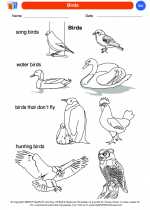
 Coloring Worksheet
Coloring Worksheet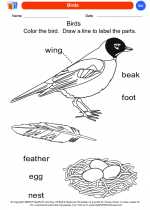
 Coloring Worksheet
Coloring Worksheet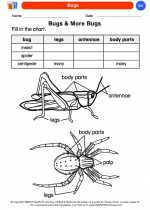
 Coloring Worksheet
Coloring Worksheet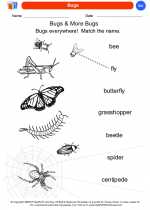
 Coloring Worksheet
Coloring Worksheet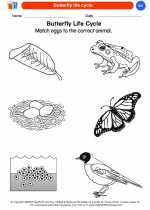
 Coloring Worksheet
Coloring Worksheet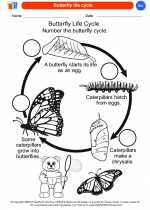
 Coloring Worksheet
Coloring Worksheet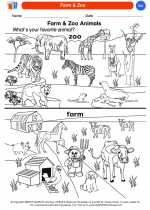
 Coloring Worksheet
Coloring Worksheet
 Coloring Worksheet
Coloring Worksheet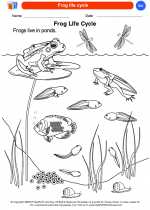
 Coloring Worksheet
Coloring Worksheet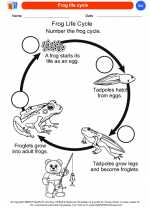
 Coloring Worksheet
Coloring Worksheet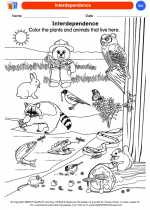
 Coloring Worksheet
Coloring Worksheet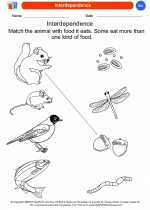
 Coloring Worksheet
Coloring Worksheet
 Coloring Worksheet
Coloring Worksheet
 Coloring Worksheet
Coloring Worksheet
 Coloring Worksheet
Coloring Worksheet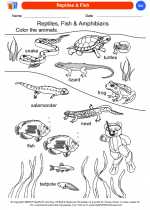
 Coloring Worksheet
Coloring Worksheet
 Coloring Worksheet
Coloring Worksheet
